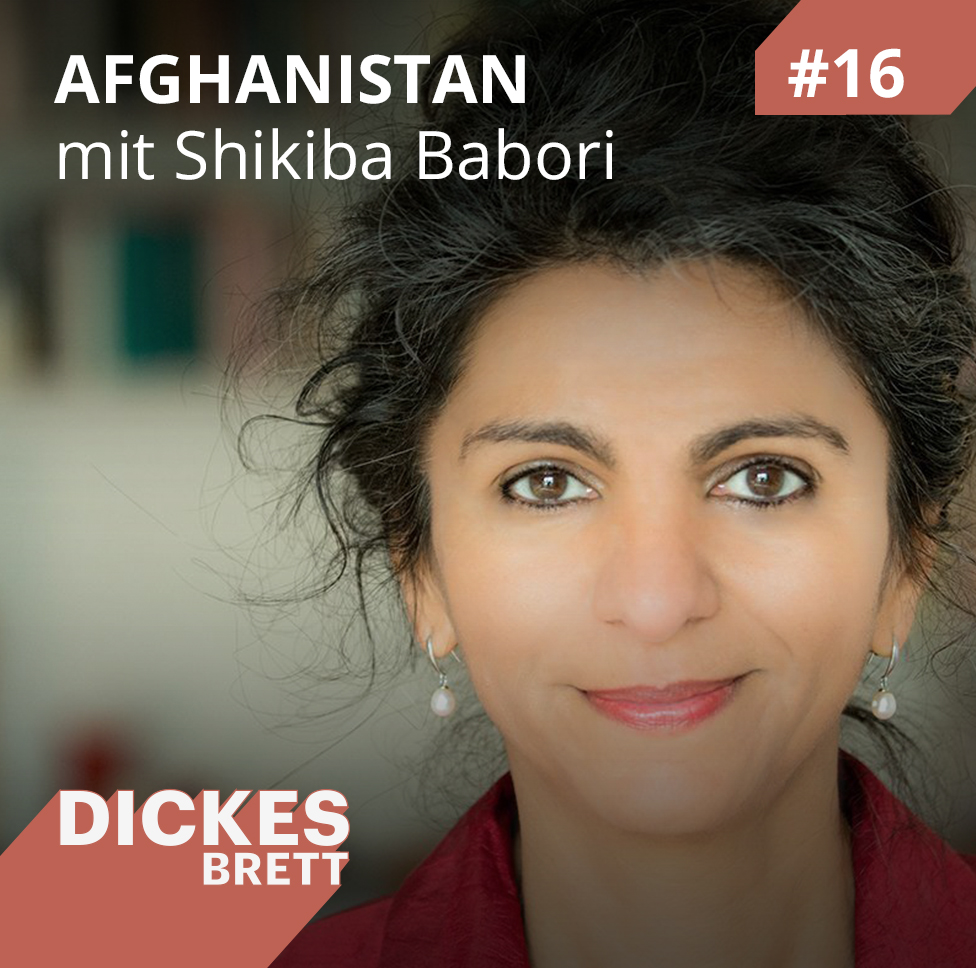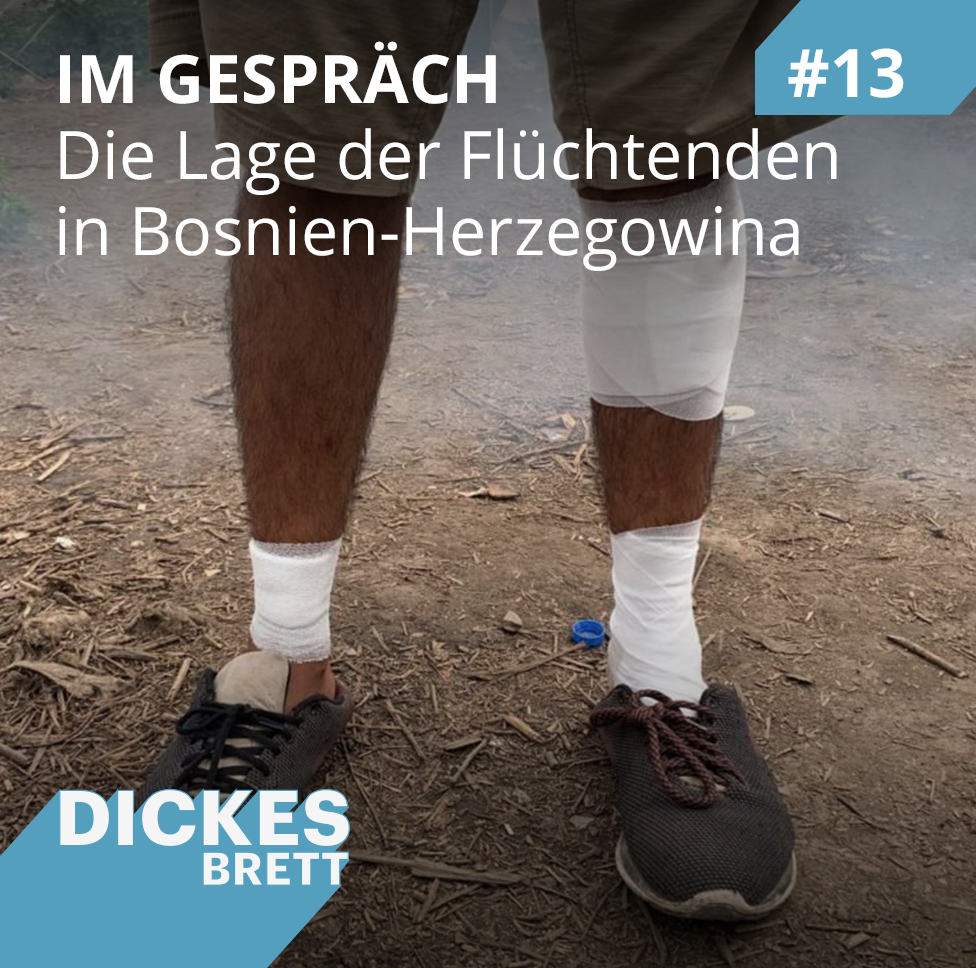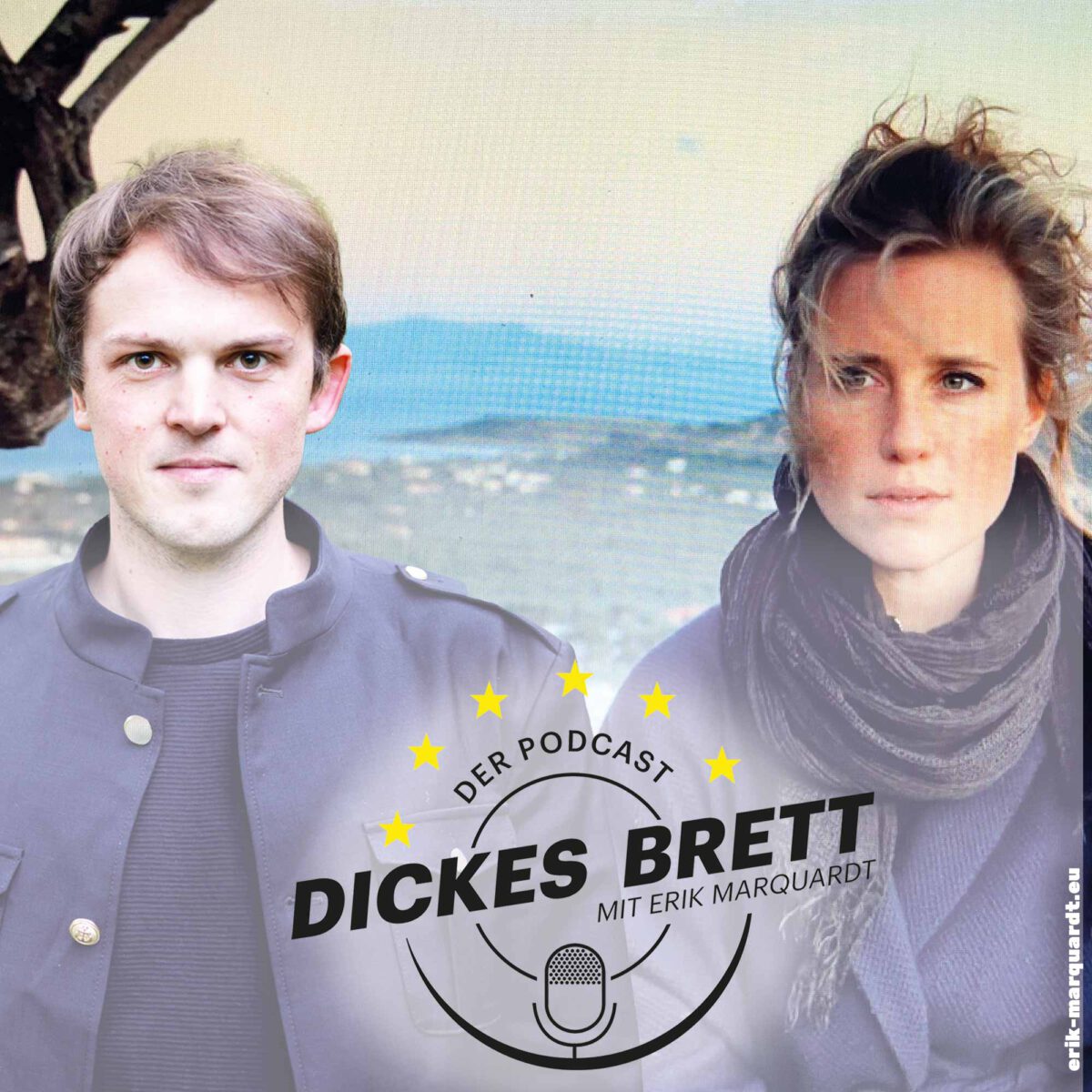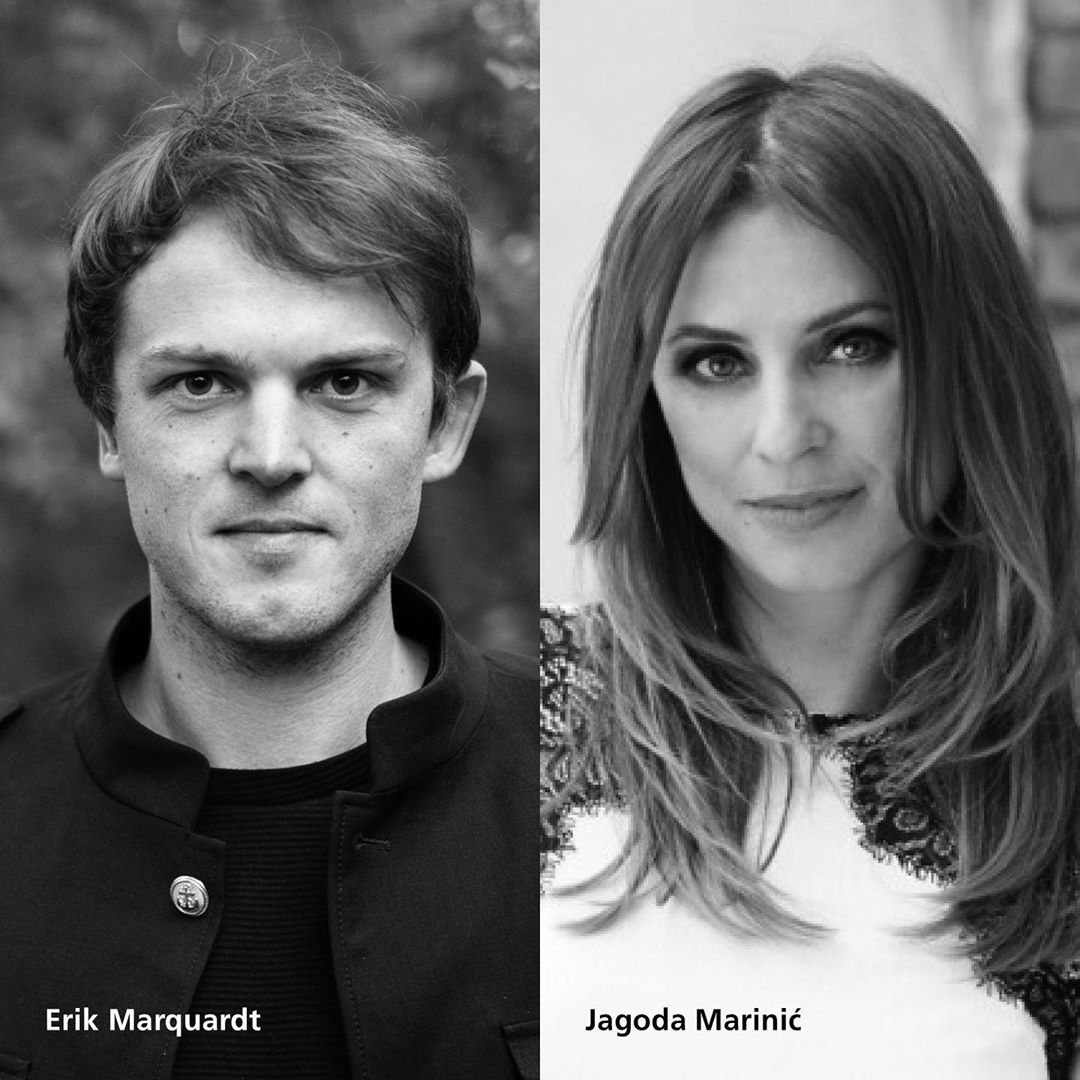Thick Board #16: Afghanistan with Shikiba Babori
In this episode, I talk to Shikiba Babori about Afghanistan. What kind of situation is the country currently in and how did it get there. What about the future of the people in the Hindu Kush with the current troop withdrawal? We focus especially on the rights of women and minorities. And we also explain why freedom of the press is better in Afghanistan than in many neighbouring countries.
Shikiba Babori is an ethnologist, journalism trainer and freelance journalist living in Cologne. She leads the Journalists Network Kalima and has also trained women journalists in Afghanistan. She came to Germany from Kabul at the age of 14 and is an expert on women's rights.
"No matter how hard their journey to Europe has been, for many this flight is the last hope they have. Because there, in the country, they would simply die."
Shikiba Babori, Journalist
Shownotes
- Afghanistan Analysts Network (AAN) on Twitter reports regularly about the country.
- The Austro-Afghan Journalist Emran Feroz reports regularly on Afghanistan in English and German.
- In his report. "Inside Taliban" reports Zeit chief reporter Wolfgang Bauer on the goals and dangers currently emanating from the Taliban.
- The German soldiers leave their camps, leaving behind hundreds of translators, cooks and helpers. Many of them are on the Taliban's hit list. Der Spiegel reports how they are being let down.
- Here I writehow the EU facilitates deportations to the most dangerous country in the world
- As an introduction to the topic, Conrad Schetters is suitable „little history of Afghanistan“
- Friderike Stahlmann's study on "Experiences and perspectives of deported Afghans". and Summary of the study
- "Most deportees flee again". - The tagesschau reports on the situation, experiences and perspectives of deported Afghans.
- In her book "Zinc boys" the Nobel Prize winner Svetlana Alexievich documents the brutality of the Soviet invasion of Afghanistan.
Works by and interviews with Shikiba Babori
- "If you wanted to punish someone, you punished the women". (8 min, interview on Deutschlandfunk)
- Women in Afghanistan – No peace with the Taliban (World Time, 23 minutes)
- Withdrawal of troops from Afghanistan (World Time, 29 minutes)
- What is the cost of peace with Islamists? (Detector FM, 10 minutes)








